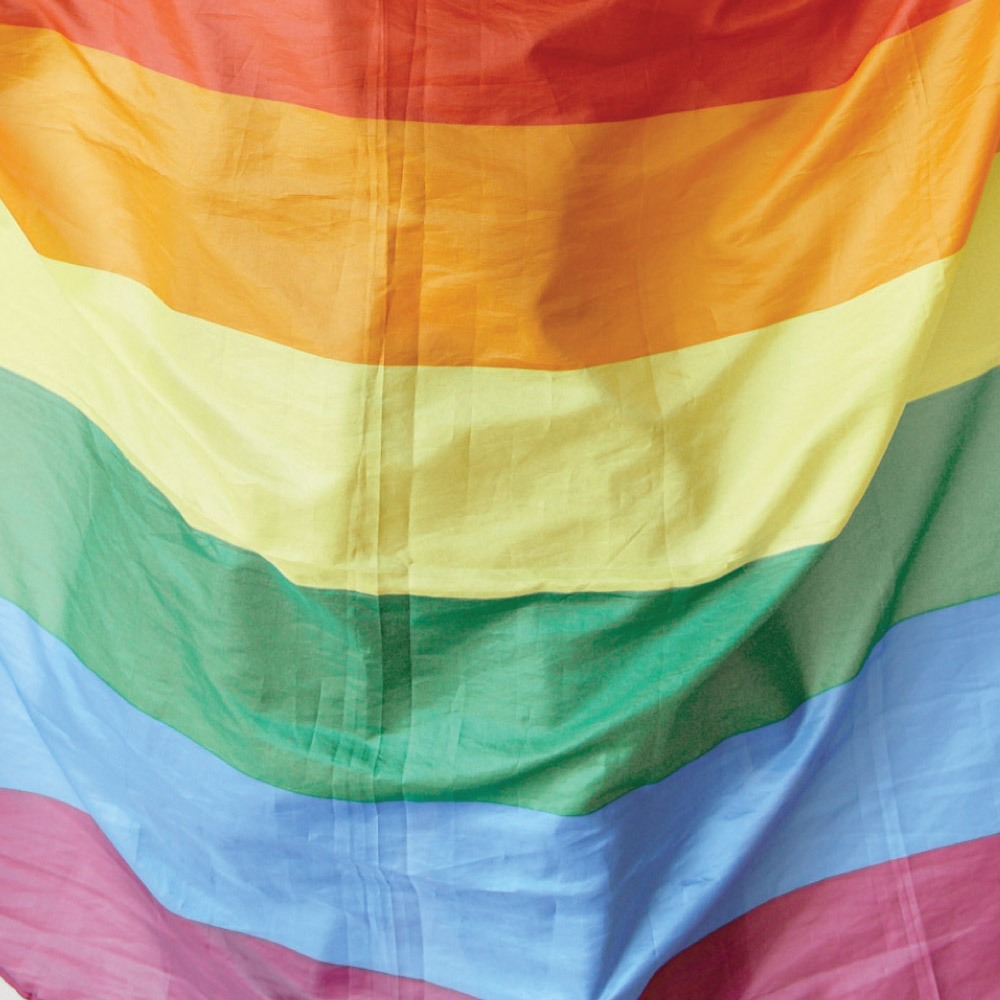Heterosexism and Homophobia in the Caribbean Dancehall Context
Main Article Content
Abstract
This paper explores how dancehall lyrics reproduce heterosexist and homophobic discourses in the LGBTQ community within a Caribbean dancehall context. It advances notable scholarship (Chunnu 2021, Hope, 2021) on dancehall lyrics by drawing on standard parallels of the colonial same-sex practices used to denigrate enslaved Africans and the Eurocentric religious ideal that LGBTQ customs contravene Judeo-Christian doctrine. Dancehall music originated in Jamaica within the neo-colonial period (since the 1980s) coming out of reggae. Dancehall is the musical expression of the working-class black masses used to protest the criminogenic continuities of colonial history. Although dancehall acted as a form of protest against the colonially entangled inequalities, heterosexism prevailed and continued to shape the checkered reality of coloniality within Jamaica and T&T societies. As such, this study explores the present-day identities of the LGBTQIA community expressed through the dancehall lyrics created within the 1990-2010 period utilising autobiography, critical discourse analysis by Fairclough and gender performativity theory by Judith Butler. In doing so, the researcher connected dancehall lyrics to heterosexism through an analysis of discourses within religion, sex and sexuality. Such discourses contributed to advancing the understanding of stigmatisation, criminalisation and dehumanisation of the LGBTQ community in a cross-cultural Caribbean context.

